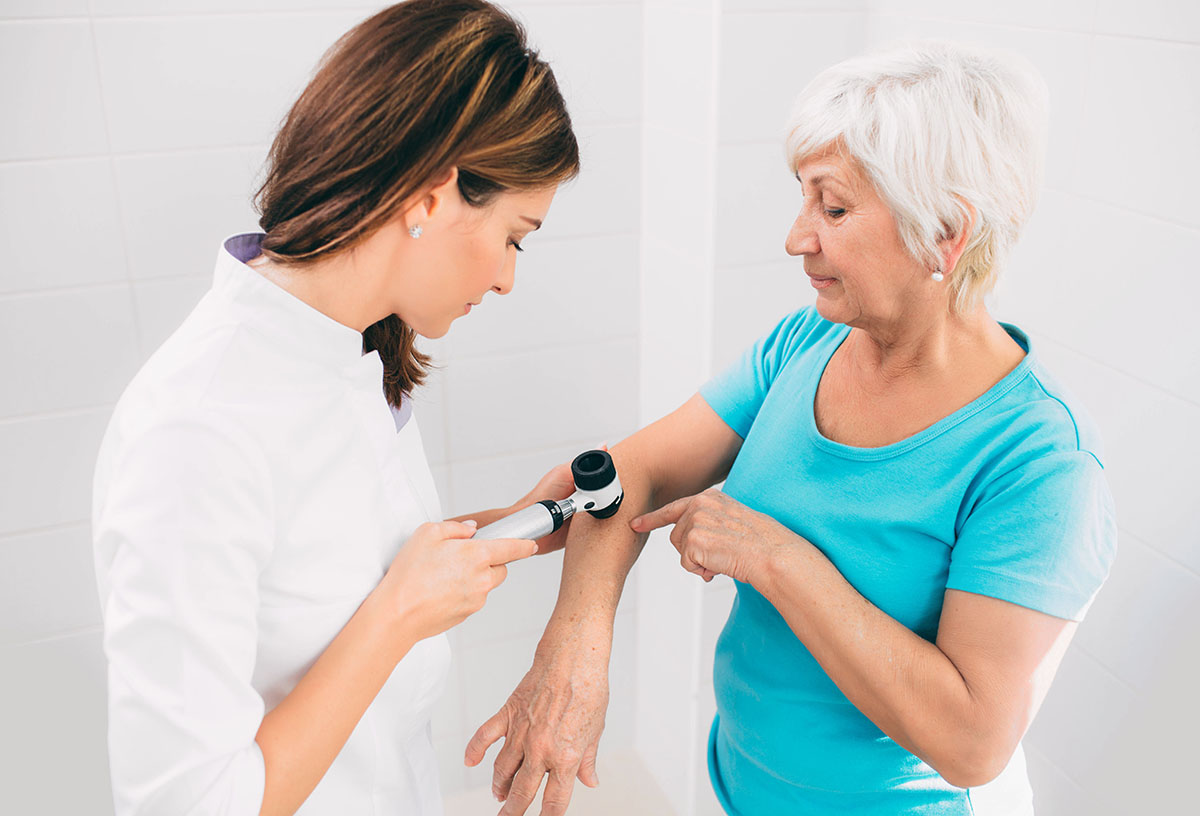
Now Enrolling: EA6194 for Operable Melanoma
March 31, 2021
News in Brief, April 2021
April 27, 2021From the Co-Chairs, March 2021


By Peter J. O’Dwyer, MD (left)
and Mitchell D. Schnall, MD, PhD
The clouds are clearing, vaccines bringing a new light, and perhaps a lightness of being, a relief from the stress and attention to universal safety that has preoccupied us for a year. Like all disasters, there will be some clean-up after the event. Some of this involves recovery from the personal and economic losses sustained by so many. Some involves the details of our practice: will telehealth be viable in the long run, and what adjustment in regard to states’ licensing might be needed? Will research procedures, including telehealth, which accelerated progress against COVID-19, become a part of our routine? These and other concerns go beyond the immediate and even the scientific.
Some of the clean-up is more fundamental. There can be no doubt that progress in racial equity and in confronting institutionalized racism has been made in the past year. The tragedy of George Floyd’s death galvanized a majority of citizens of all races to seek better solutions, including in ECOG-ACRIN. But even as we dig into what will be a long-term effort, we see the emergence of violent anti-Asian racism. The delicate balance of functional civilization relies on shared understanding of truth. In the biomedical field, we are aware in our daily work of the scientific process, by which aggregated knowledge is synthesized into the vision of reality that we accept as “truth.” We recognize uncertainty. We know that current expert assessments of the emergence of the new SARS virus, including that of WHO, are largely supportive that the virus mutated in animal reservoirs, and was communicated initially to humans in live animal markets. We share a responsibility to communicate these scientific conclusions, to eliminate another source of bias in our communities—another part of the clean-up.
Were there aspects of life in the pandemic that we would like to perpetuate? An awareness of how we value family and friends, never to be taken for granted. In our professions, a recognition of our mutual dependence, perhaps. In our individual lives, a memory of the silence and tranquility that engaged us in our surroundings, when background became foreground. When a piece of music or of writing became important because you really listened. An event so major in our lives should not fade away, unexamined.
In conclusion, let me draw your attention to a recent editorial in Nature. It comes from Hetan Shah, CEO of the British Academy. In it he portrays recovery from COVID as a ten-year exercise, which seems realistic. He recognizes that STEM (science, technology, engineering, mathematics) brought us the vaccines as our way out of the pandemic, but emphasizes that SHAPE (social sciences, humanities and the arts for people and the economy) must be engaged for effective recovery. In the past year, more effective engagement of these disciplines might have helped social acceptance of mask-wearing and distancing, as examples. In the future, they will be crucial to addressing vaccine hesitancy, the broad availability of digital resources across society, and the shaping of a culture that will have been irrevocably altered. We are fortunate indeed that our research in ECOG-ACRIN embraces both STEM and SHAPE—we will need their creative interaction going forward.
Read the March 2021 issue here.
![ECOG-ACRIN logo[19516]275×75](https://blog-ecog-acrin.org/wp-content/uploads/2021/03/ECOG-ACRIN-logo19516275x75.png)
